The only real failure in life is not to be true to the best one knows
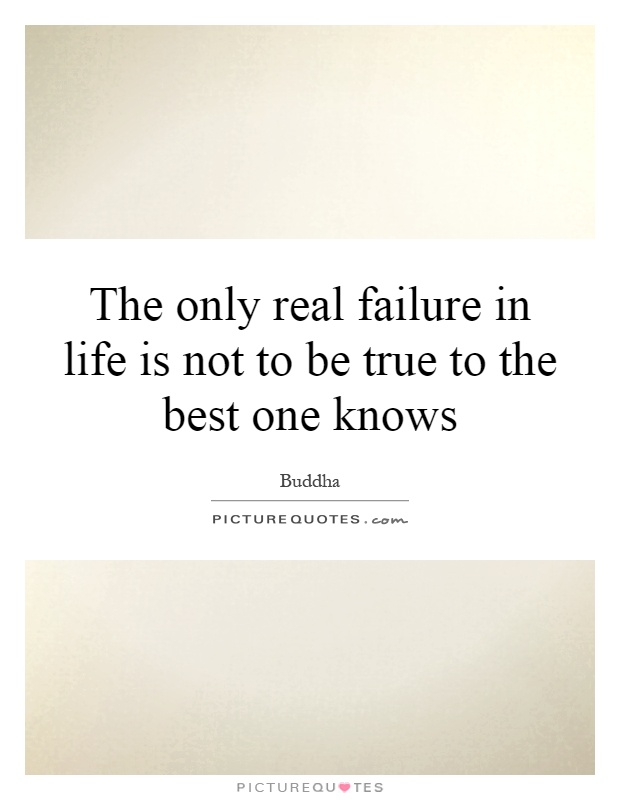
The only real failure in life is not to be true to the best one knows
In the context of Buddha's teachings, the quote "The only real failure in life is not to be true to the best one knows" holds significant meaning. Buddha, also known as Siddhartha Gautama, was a spiritual leader and teacher who founded Buddhism. His teachings revolve around the concept of enlightenment, inner peace, and the path to liberation from suffering.Buddha emphasized the importance of being true to oneself and following the path of righteousness. He believed that true failure in life comes from not living in alignment with one's inner truth and moral values. In Buddhism, the ultimate goal is to achieve enlightenment and liberation from the cycle of birth, death, and rebirth. This can only be attained by living a life of virtue, compassion, and mindfulness.
Buddha taught his followers to be mindful of their thoughts, words, and actions, and to strive for self-improvement and spiritual growth. He believed that true success in life comes from living in harmony with oneself and others, and from cultivating virtues such as kindness, compassion, and wisdom.
In the context of the quote, "The only real failure in life is not to be true to the best one knows," Buddha would likely emphasize the importance of self-awareness and self-reflection. He would encourage individuals to listen to their inner voice, to follow their conscience, and to act in accordance with their highest values and principles.
Buddha's teachings also emphasize the importance of honesty, integrity, and authenticity. He believed that true happiness and fulfillment come from living a life of integrity and moral courage. By being true to oneself and following the path of righteousness, one can overcome suffering and achieve inner peace and enlightenment.
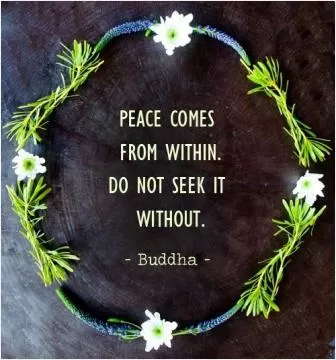

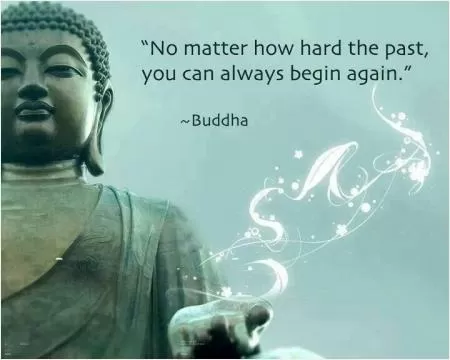
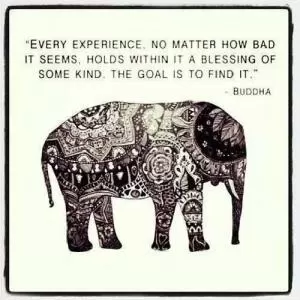






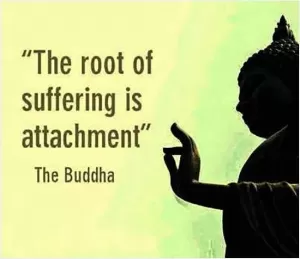
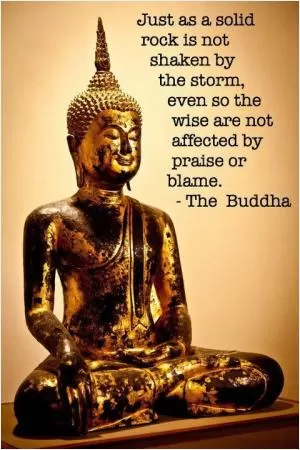
 Friendship Quotes
Friendship Quotes Love Quotes
Love Quotes Life Quotes
Life Quotes Funny Quotes
Funny Quotes Motivational Quotes
Motivational Quotes Inspirational Quotes
Inspirational Quotes